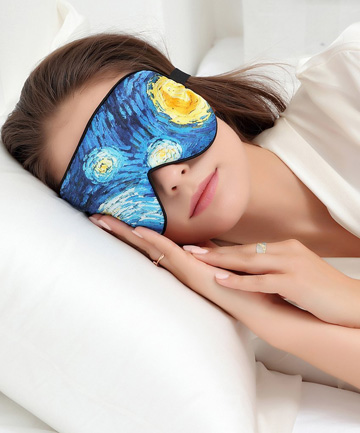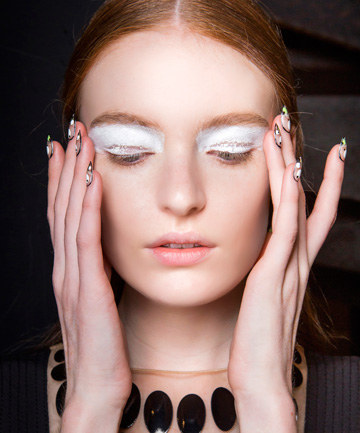There seems to be no time that passes slower than when you're trying to grow your hair out (well, other than at the DMV). Whether it's a bad haircut, you're going natural after years of processing or you're envious of the girls with longer tresses on social media, it feels like hair growth takes an eternity.
There's a lot of bad advice out there about hair growth, so we turned to the experts: Dr. Dendy Engleman, MD, a New York City-based board-certified dermatologist who knows a lot about the science behind hair growth and loss, particularly as it pertains to women. Engleman shared with us five practices that, along with a regimen that includes the right products for your hair type, help create the right environment to grow hair.
Image via Imaxtree
There's a lot of bad advice out there about hair growth, so we turned to the experts: Dr. Dendy Engleman, MD, a New York City-based board-certified dermatologist who knows a lot about the science behind hair growth and loss, particularly as it pertains to women. Engleman shared with us five practices that, along with a regimen that includes the right products for your hair type, help create the right environment to grow hair.
Image via Imaxtree
"Sleep does help in a reversed way in that not getting enough causes an increase in the stress hormone, cortisol. Subsequently, that feeds back to the follicle and can engage hair loss just like any other anxiety-provoking situation," says Engleman. This matters even more than the type of pillowcase you use, because you can change your sheets much more easily than you can change your lifestyle. Focus on making rest a priority for your overall health and the health of your hair.
Try Alaska Bear Natural Sleep Mask, $12.99
Try Alaska Bear Natural Sleep Mask, $12.99
Of course, the stress hormone we were just talking about also shows up when you're stressed out. "Any kind of life stress — constant freaking out about things in general, illness and/or surgery, major life changes like birth, death, marriages, moving — all that emotional stress converts the hair into the telogen effluvium phase of the hair cycle where the hairs are falling out," explains Engleman. "When your cortisols are high, even from happy stress, it can cause a setback in hair growth." She suggests reducing stress with activities that help manage the condition, such as yoga, exercising and spending time with friends. Speaking of exercise...
Image via Imaxtree
Image via Imaxtree
Fitness is essential when it comes to stimulating the right conditions for hair growth. "Anything that causes vasodilation and increased oxygenation and nutrient delivery to the skin or connective tissue helps, which means hair, teeth and nails," says Engleman. By the way, according to the good doctor, it also includes massage. "We know that massage, acupuncture and acupressure also help. In other cultures, massage is crucial for both skin AND hair vitality. We know these activities create a positive response in nutrient and oxygen delivery. Any mechanism that causes relaxation of the muscles around the hair follicle subsequently causes increased blood flow, vasodilation and nutrient delivery, which causes hair growth." Scalp massage, anyone?
Image via Getty
Image via Getty
Iron is a mineral that's important for your hair growth game and Engelman says women are more susceptible to a deficiency. "Nutrient deficiencies can have an impact on overall health, but particularly on hair loss. Iron plays a key role in hair growth and we know women, in particular, can have iron deficiency or anemia due to our monthly blood loss. Since we're more at risk, we have to look for dietary sources of iron, which can be either green leafy vegetables or red meat when it comes to food or supplements like ferrous gluconate."
Image via Getty
Image via Getty








